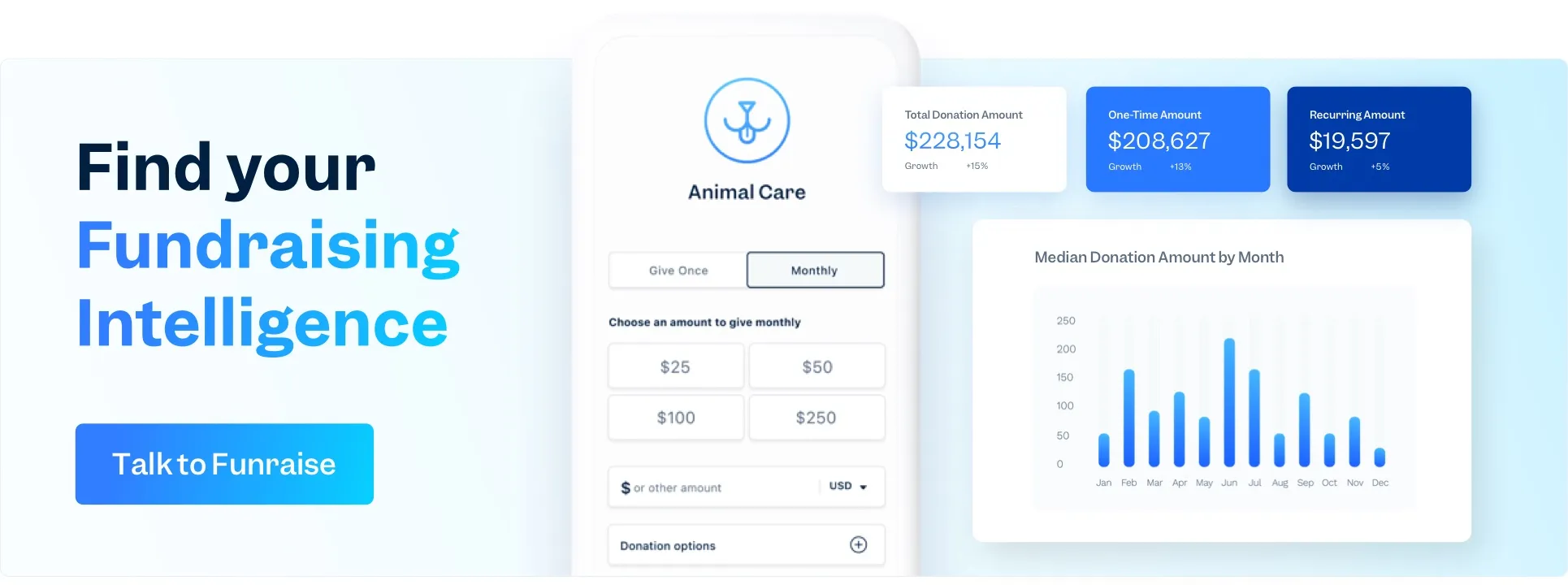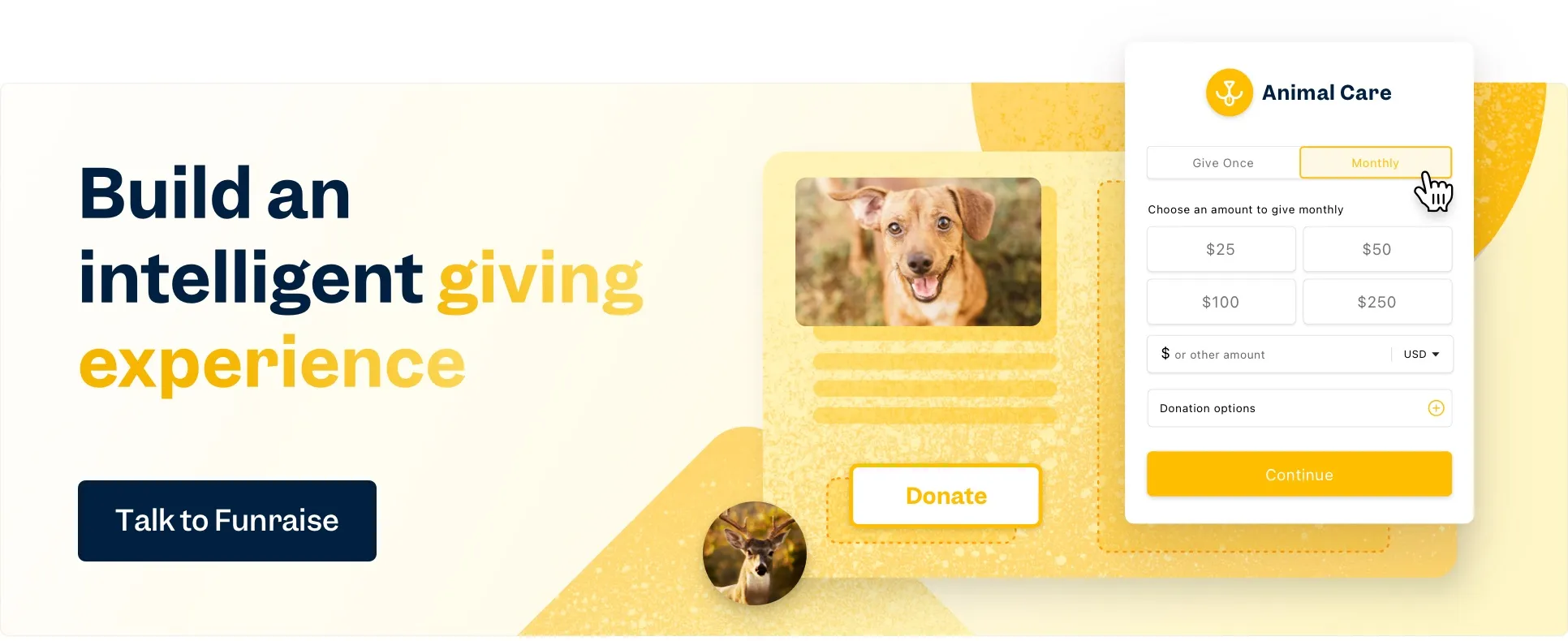For several years now, we’ve witnessed what can feel like a slow unraveling of the world order. Pandemics, wars, political upheaval, civil unrest … the dystopian list goes on. In such times of strife, many people look to cast blame. We see an uptick in crime, violence, discrimination, and general hostility. Over the past few years, we’ve seen it with pretty much every marginalized group in this country. And most recently, Jewish people have been targeted as the source of all society’s ills.
Antisemitism certainly isn’t new, but it’s increasing. In fact, an analysis of dozens of studies from around the globe, alongside information from law enforcement authorities, the media, and Jewish organizations in various countries indicates a disturbingly sharp increase in the number of antisemitic incidents in many countries, even compared to the pre-pandemic year of 2019. To make matters worse, this latest wave is coupled with a particularly widespread and dangerous extremism.
But! We wouldn’t be writing about this if it was all doom and gloom. As always, there are things we can do to reduce bigotry and fight injustice. And, if these tough times have taught us anything, it’s that when the going gets tough, the nonprofits get going. Here’s how you and your organization can respond to antisemitism and hate.
Let's talk about antisemitism
Antisemitism is deeply embedded in our society—like many other tropes, it relies on implicit associations that have persisted over centuries and through generations. And while Harry Potter taught us that a name itself has no power, certain famous people that don’t deserve to have their name printed have been stoking the flames of hatred especially hard these days.
A (very) short history of antisemitism
Like most forms of hatred and discrimination, antisemitism has a long history based on arbitrary stereotypes and outright lies. While the actual term wasn’t used until the 19th century, antisemitism dates back to pre-Christian Ancient Greece and Rome. After that, it grew into a more religious form of prejudice in the form of Christian antisemitism. Today, it’s a whole mess of political, social, economic, and racial preconceptions that have led to increasing hate speech and violence toward Jewish people.
And a short history of the word “antisemitism”
If you’re a grammar nerd like us, you might notice the lack of a hyphen in “antisemitism.” That’s thanks to the AP Stylebook, which taught us that German writer and racist Wilhelm Marr coined the term “antisemitism” in the 19th century. He referred to Jews as Semites, meaning they descended from the Semitic peoples of the Middle East—but the term was never used for anyone but Jews. As a result, he argued that they were racially different from Aryan Germans and shouldn’t get full citizenship rights.
Previously, many sources added a hyphen between “anti” and “semitism.” But “semitism” isn’t a thing—it’s a bigoted pseudoscience that lends credence to the idea that Jews are a separate race. So, we’re going with no hyphen. Isn’t language amazing?
What does antisemitism look like?

9 ways to fight antisemitism (and other forms of prejudice)
If history has taught us anything, it’s that indifference is easy but dangerous. Heck, the entire nonprofit arena is built on the belief and the hope that we’re all morally connected, so given the opportunity, there are always people who will step in to help. Faced with a renewed wave of antisemitism, it’s vital that we all make a choice to reject apathy and embrace the loudest and most fired-up version of ourselves. Whether you’re Jewish or not, here’s how you can get involved when faced with hate:
1. Say something.
This is decent human being rule #1, but if someone says something antisemitic, racist, homophobic, or otherwise hateful, speak up. If they’re being violent, step in or seek help. (Your safety is a priority!) When we do nothing, we tacitly accept what’s happening.
2. Connect with others.
There’s power in numbers, and the more diverse groups join together to denounce injustice, the bigger the impact. Nonprofits, schools, faith organizations, youth groups, government, and local businesses can do so much more when they band together.
3. Report hate speech online.
Hold platforms responsible for disinformation and hate speech. Report Facebook posts, Tweets, Instagram posts, and YouTube and TikTok videos that are offensive and abusive.
4. Partner with law enforcement but show up for victims.
A healthy relationship with law enforcement helps them anticipate issues and respond more quickly and effectively. At the same time, many victims of hate are rightfully distrustful of law enforcement. Believe them and offer to accompany them if they go to the police station.
5. Hold government accountable.
Participate in public forums, lobby elected officials to make statements against hate in all its forms, sign petitions, and write letters. At the same time, commend those who speak out and work to pass anti-hate legislation.
6. Advocate for more anti-bias education.
Educating children about bullying, stereotypes, and discrimination is the best way to build a more tolerant world in the future. Many organizations offer free educational resources; you can also help connect local schools with relevant guest speakers or organize a film screening.
7. Don’t conflate Judaism with being pro-Israel and/or anti-Palestine.
May 2021 saw 387 antisemitic incidents in the United States—the highest number of the year. That spike coincided with a 12-day period of escalated violence between Israel and Hamas. Keep in mind that just like any other group, Jewish people have a wide range of views on this complex situation.
8. Walk the walk at home.
Model inclusive, anti-racist behavior at home and in your community—including celebrating different holidays and expanding your social circles to be more diverse. (Maybe start with learning to make latkes? You won’t regret it!)
9. Do some reading.
- Maus. This Pulitzer prize-winning graphic novel about the Holocaust depicts Jews as mice and Nazis as cats. It’s beautiful and devastating, and it was recently banned by a Tennessee school board—so you know it’s a must-read.
- Night. Elie Wiesel’s 1960 memoir about his time in concentration camps is a horrifying and poignant look at the Jewish experience during the Holocaust.
- It Could Happen Here. ADL’s CEO explores how seemingly small acts of prejudice can lead to unspeakable violence—and how America is at a tipping point. Still, we can fight back and turn the tide.
- The Plot Against America. This work of fiction prods the thin line between democracy and authoritarianism by imagining an alternative history in which Charles Lindbergh wins the presidency in 1940.
Someone just said something casually antisemitic or racist! What do I do?
Oof. Sometimes, hate speech is blatant, but often, it's a casual comment or joke. Here at Funraise, we have a great sense of humor, if we do say so ourselves. But when a joke reinforces negative stereotypes and encourages prejudice, it’s not funny, and it needs to be called out. If someone makes an antisemitic (or otherwise prejudiced) comment in casual conversation, it can be hard to know what to say. Here’s our suggestion.
Assume the best. Defuse the tension by saying, “I know you didn’t mean it that way, but …”
Ask for clarification. Why did they say that?
Explain why it’s a problem. Briefly and nonjudgmentally, explain why stereotypes toward Jewish people (and anyone else) are so problematic.
And if that all feels too loaded or too uncomfortable, it’s okay! Just do the classic “interrupt and redirect.” You can keep it light by saying, “Nope, we’re not going there! Did you know slugs have four noses?”
Organizations fighting antisemitism and hate
All of us in the nonprofit world know that one of the best ways to make a difference is to support organizations that know what they’re doing. Here are some folks providing vital resources and effecting real change when it comes to fighting antisemitism and hate.
Anti-Defamation League
Southern Poverty Law Center
Right To Be
Not In Our Town
Center for American Progress
Keeping it safe at events
A lot of us already feel unsafe going about our daily lives thanks to increasing racism and lax gun laws. Attending events that bring together large groups of marginalized or vulnerable people and their allies heightens those concerns. Before you plan your next event, follow these tips to keep your community members, supporters, donors, and other event attendees safe and secure.
Vet staff members.
You know your event attendees, but you also need to screen all staff members to ensure they’re allies. If you can’t do a background check because they’re associated with the venue, talk to your liaison beforehand to ensure a smooth experience for everyone.
Create checkpoints.
By setting up security checkpoints away from the crowds, you can mitigate risks and stop most uninvited guests in their tracks.
Foster community.
When people are alone, they’re less likely to feel safe. Have volunteers on hand to welcome everyone and connect with anyone who’s there by themselves.
Have clear signage.
Make sure entrances, emergency exits, medical services, and more are clearly marked. Feature a number to call if anyone feels unsafe. At the same time, use inclusive copy so that everyone feels welcome.
Make it accessible for everyone.
In addition to keeping guests safe from extremists, you want people of all abilities and backgrounds to feel safe. That means adhering to ADA requirements, translating materials, having gender-neutral restrooms, clearly displaying pronouns, and offering ASL interpretation.
Funraise Statement of Solidarity with the Jewish Community
We stand with our global community in outrage over the recent uptick in mainstream antisemitism and hate speech against Jewish people.
Hateful language and violent rhetoric are tools to oppress and disempower historically marginalized communities. We must not allow a megaphone of antisemitic hate to overpower the vibrancy and resiliency of our Jewish community.
As fundraisers, we know that supporting grassroots nonprofits is vital to building a world without hate. We encourage you to contribute to organizations like the Anti-Defamation League, Southern Poverty Law Center, Right to Be, Not in Our Town, and other local nonprofits fighting against hate-motivated violence in your area.
Funraise stands in support of and in solidarity with Jewish people and all those facing hate speech and antisemitism around the world.
Someday, we’d love to write a list of fundraising ideas for a world without hate, hunger, or war. Until then, we can only do our best to act with kindness and keep each other safe as we inch toward that brighter future.































.webp)
.webp)











.webp)
.webp)

.webp)
.webp)
.webp)




